AN INTRODUCTION TO PHILOSOPHICAL ANALYSIS
Author: John Hospers
Publisher: Allied Publishers
Edition: 1988
Binding: Paperback
Pages: 630
Size: 6 inch × 8.5 inch
An Introduction to Philosophical Analysis by John Hospers is widely regarded as a seminal work in 20th-century philosophical literature, particularly within the analytic tradition. Published in 1988 by Allied Publishers, this substantial 630-page edition offers a thorough and engaging exploration of the core questions, methods, and approaches of philosophical inquiry. With a reader-friendly size of 6 × 8.5 inches, it’s both a reference and a reading companion for students, scholars, and anyone curious about the deeper structures of thought.
Hospers’ writing is methodical yet accessible, inviting readers into the realm of philosophy not through abstraction or jargon, but through clarity, precision, and careful reasoning. The book starts by examining the nature of analysis itself—what it means to “analyze” a concept or an idea—and goes on to dissect philosophical issues in language, perception, knowledge, metaphysics, and ethics.
One of the strengths of this work lies in its careful use of everyday examples to illuminate complex philosophical ideas. It doesn’t merely present a survey of philosophical opinions but demonstrates how to think philosophically. Each chapter builds logically upon the last, guiding the reader through concepts such as the verification principle, analytic vs. synthetic statements, free will, determinism, and the mind-body problem. The progression of topics reflects Hospers’ commitment to philosophy as an active discipline, requiring intellectual honesty, sharp logic, and an openness to question assumptions.
Hospers was also one of the few philosophers who wrote with pedagogical sensitivity—this book has served as a core introductory text in universities worldwide, and its clarity has helped generations of students grasp the logical underpinnings of philosophy. His approach respects the reader’s intelligence while guiding them with a steady and coherent narrative.
Whether used in an academic setting or for self-study, this edition remains a valuable resource for anyone seeking to understand how philosophers think and how philosophical problems are approached, debated, and clarified. It continues to stand the test of time as an exemplary introduction to the analytic tradition and philosophical thinking more broadly.
-
A comprehensive and systematic introduction to analytic philosophy
-
Discusses language, logic, perception, epistemology, metaphysics, and ethics
-
Written with clarity, logical rigor, and accessible examples
-
Ideal for students of philosophy, critical thinking, and logic
-
A classic textbook used in universities worldwide

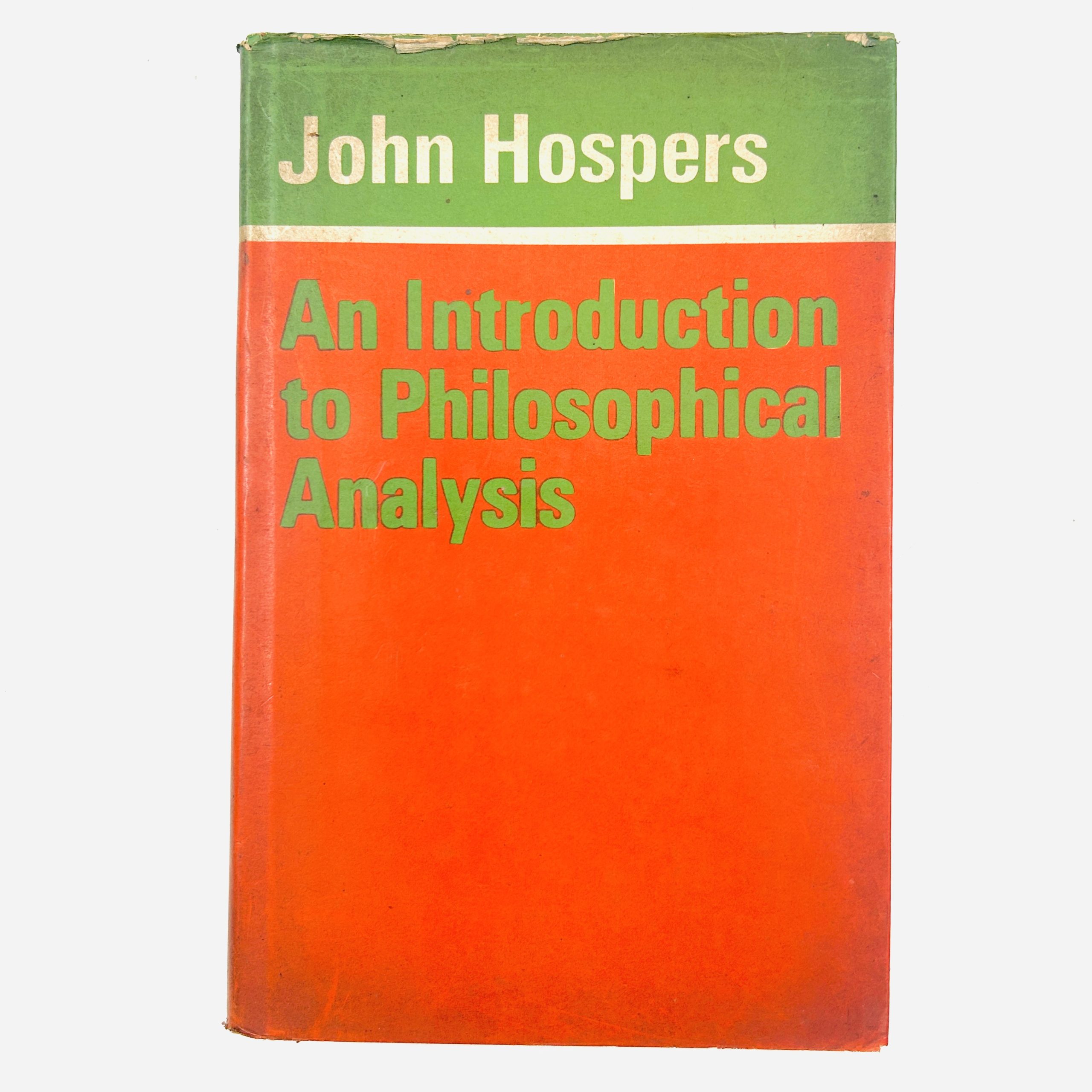
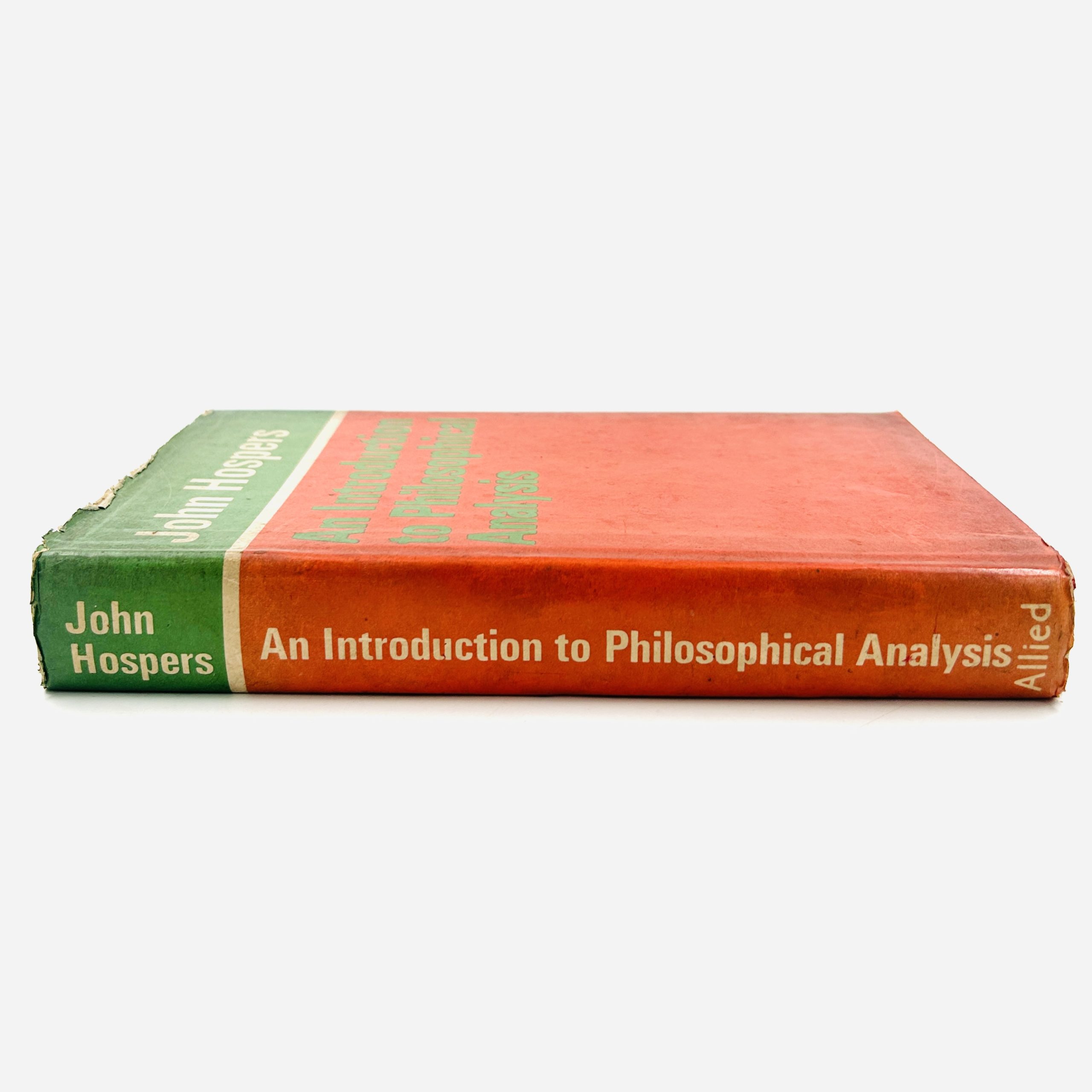
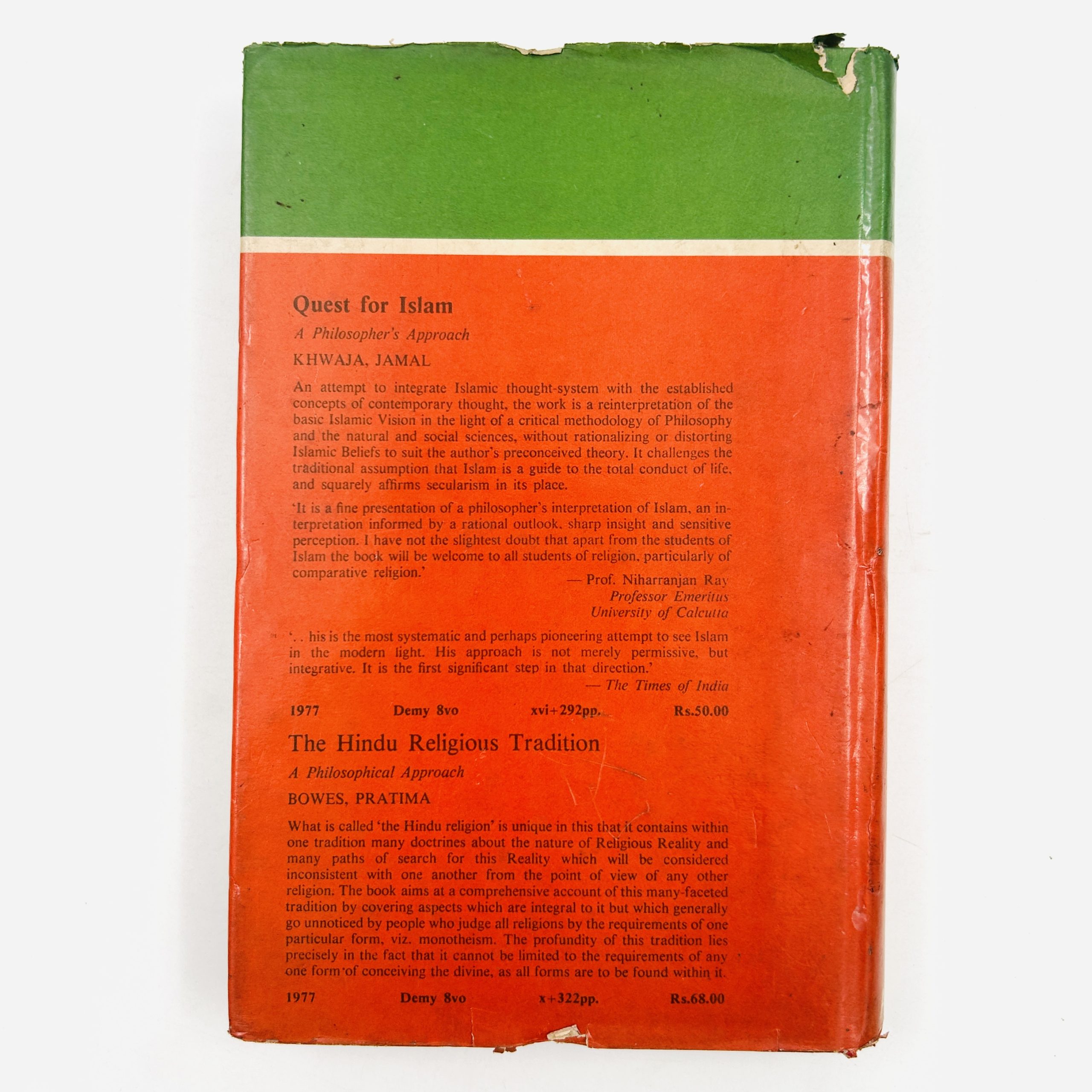
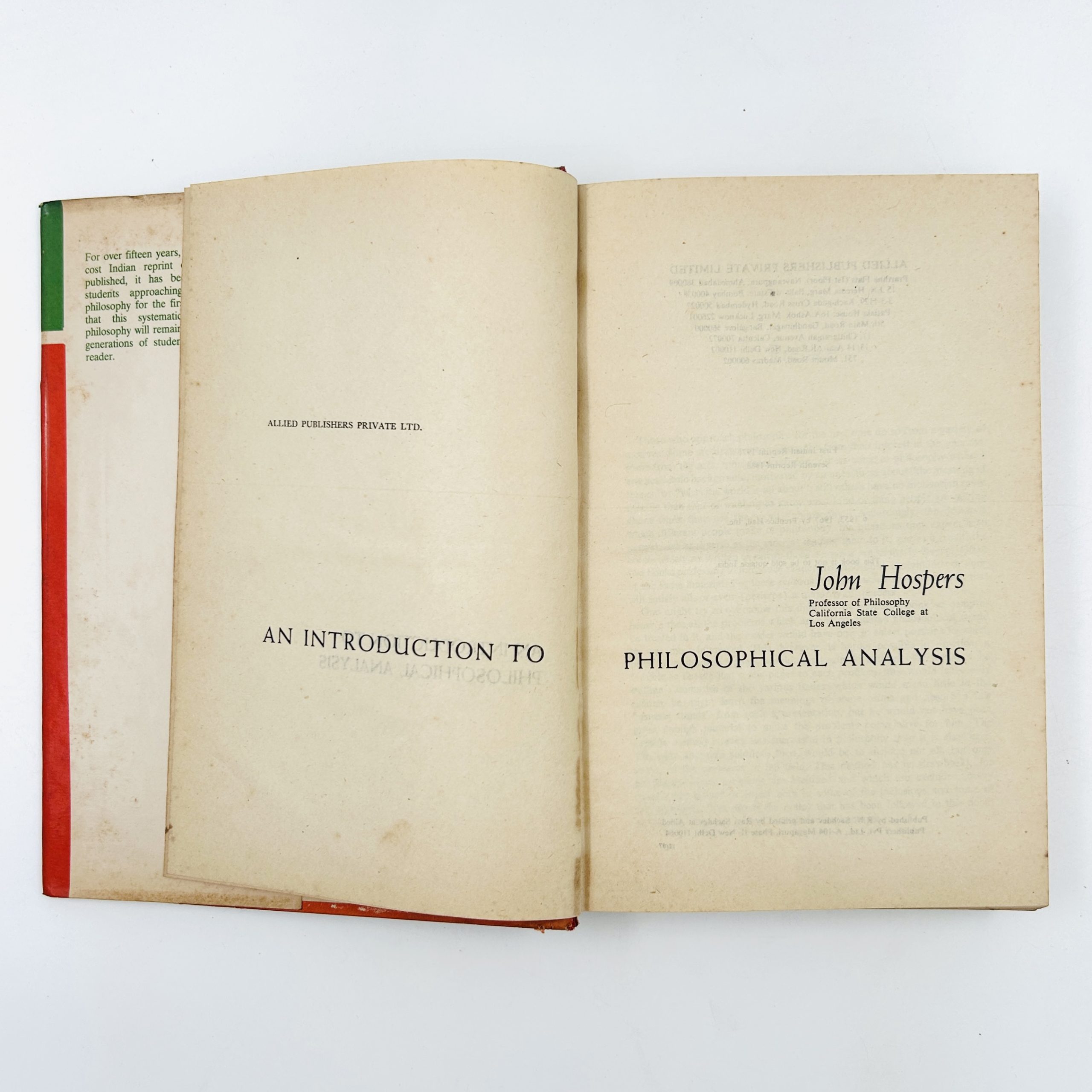
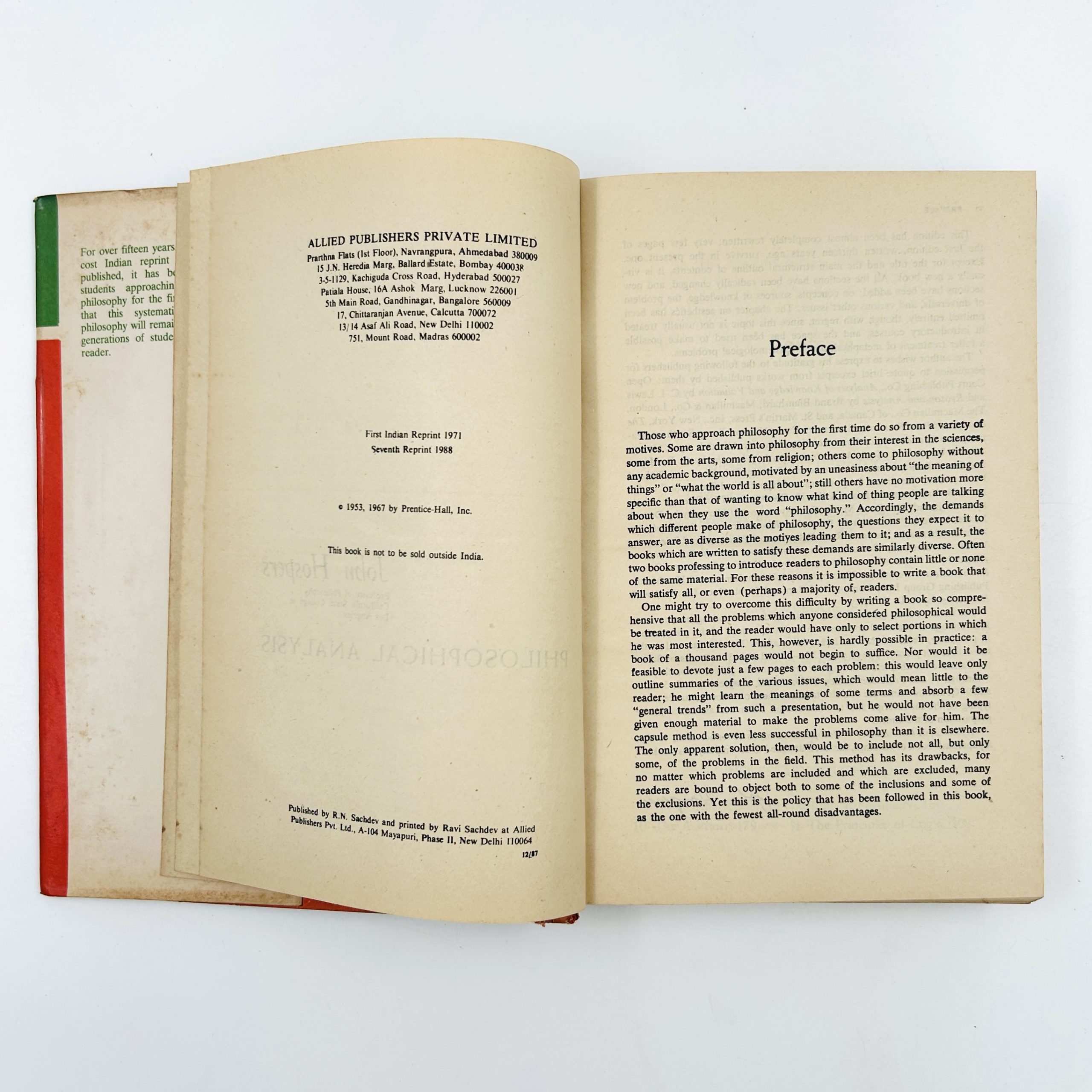
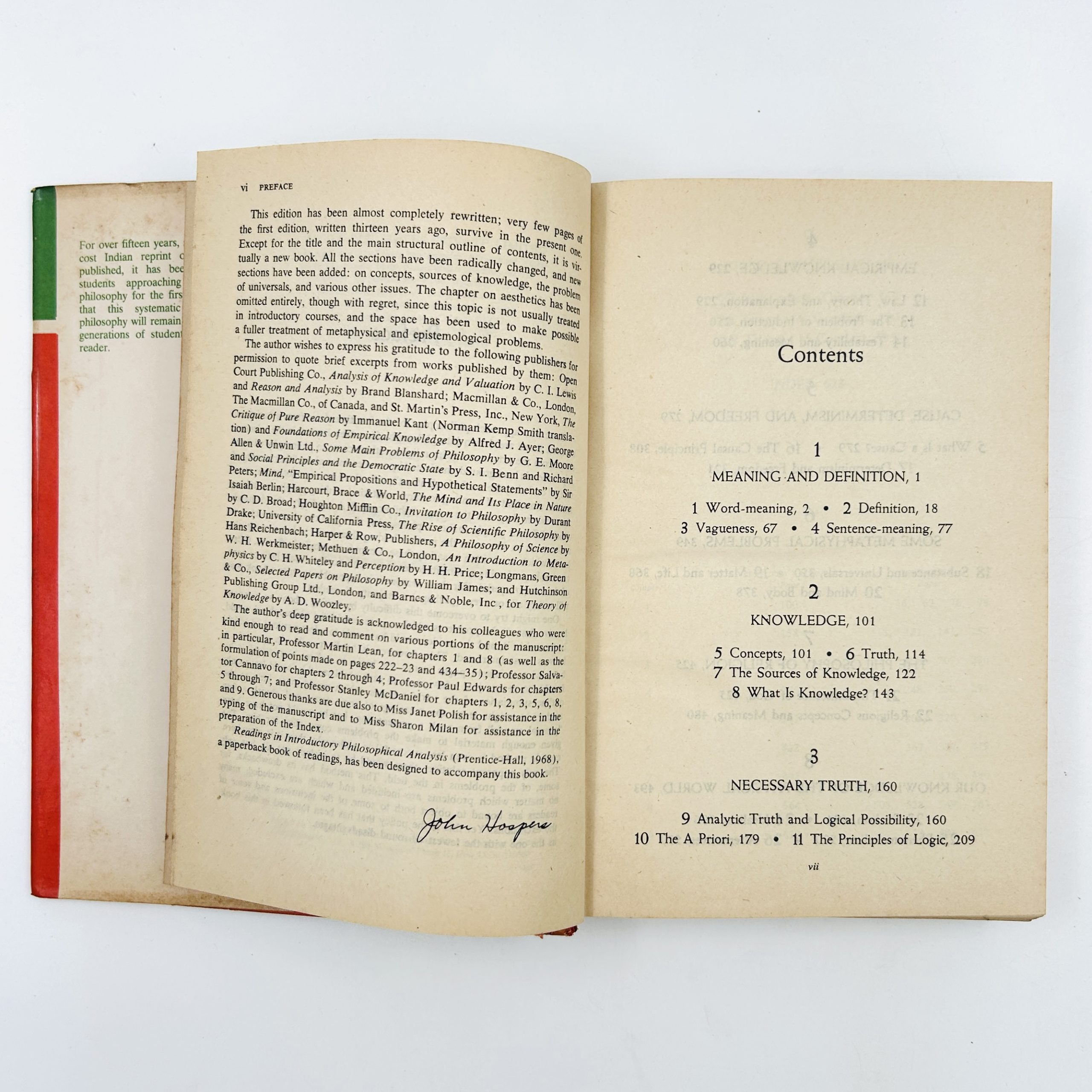
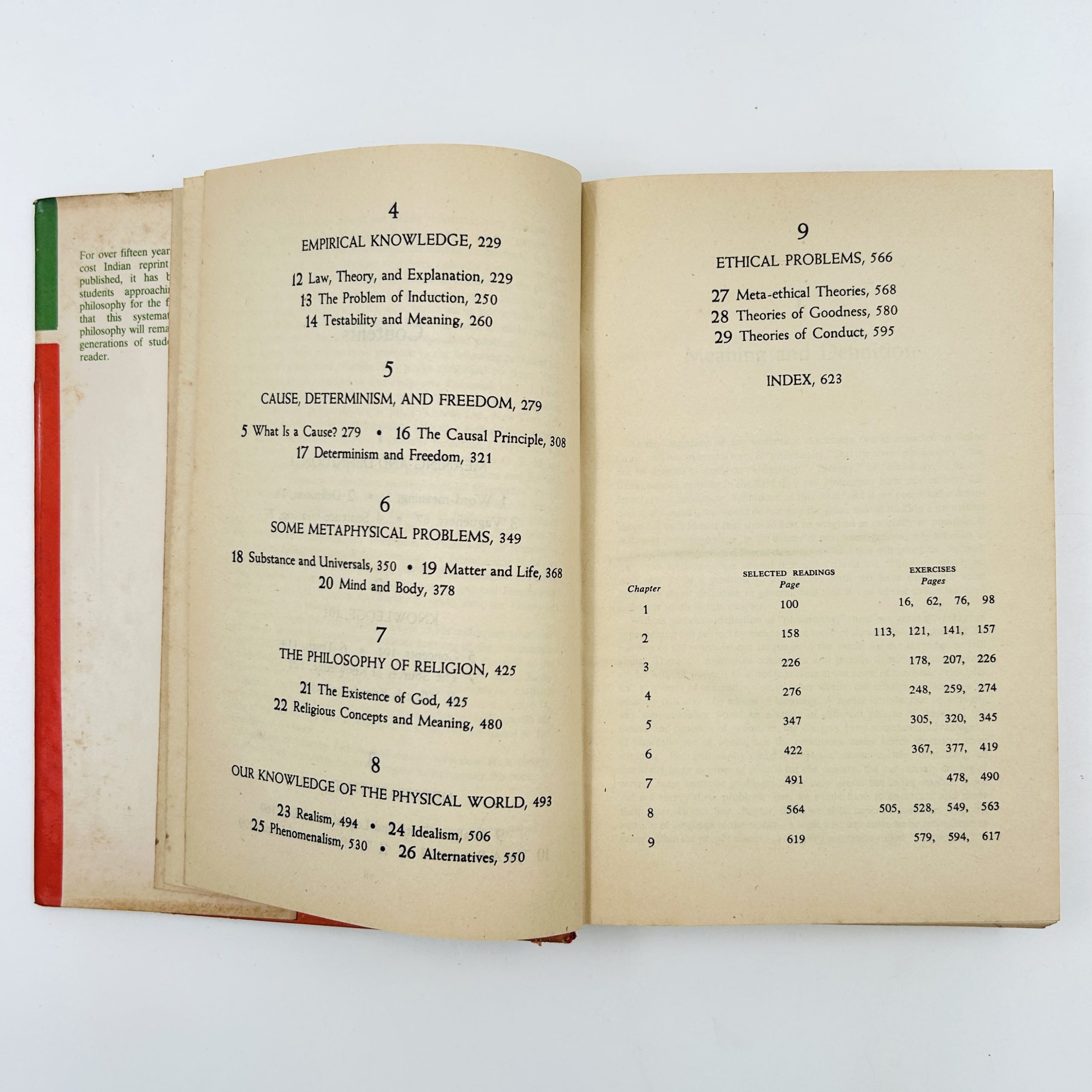
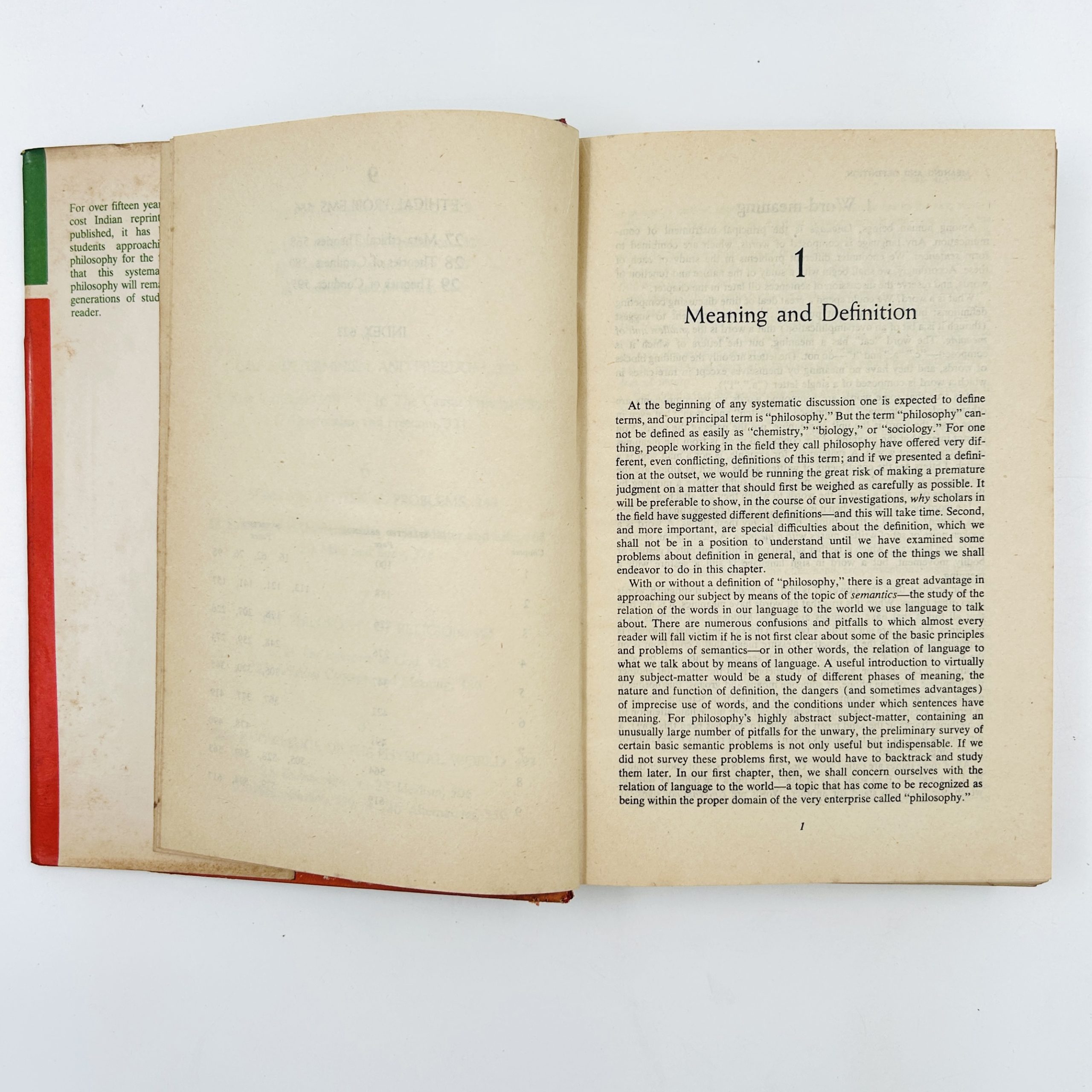
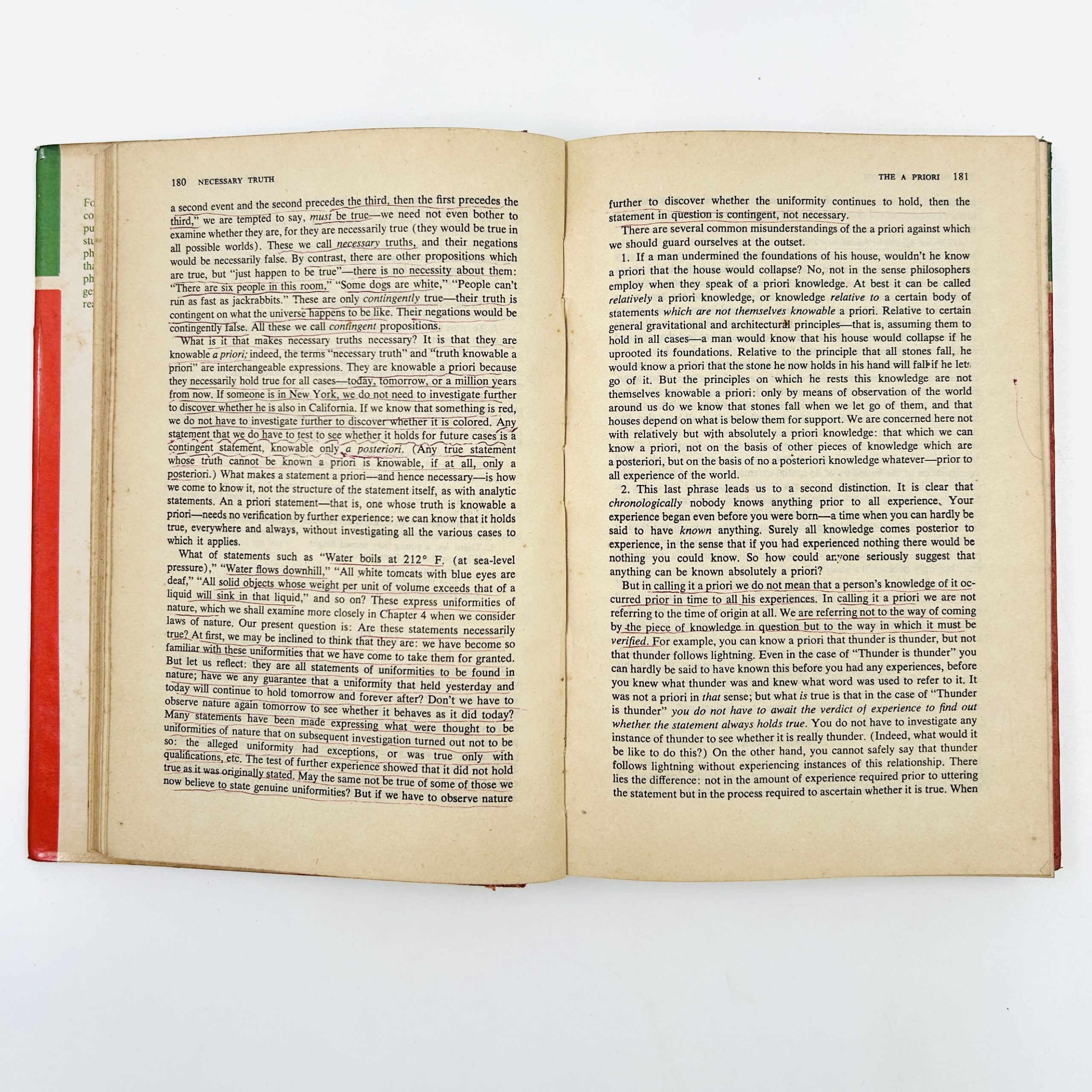
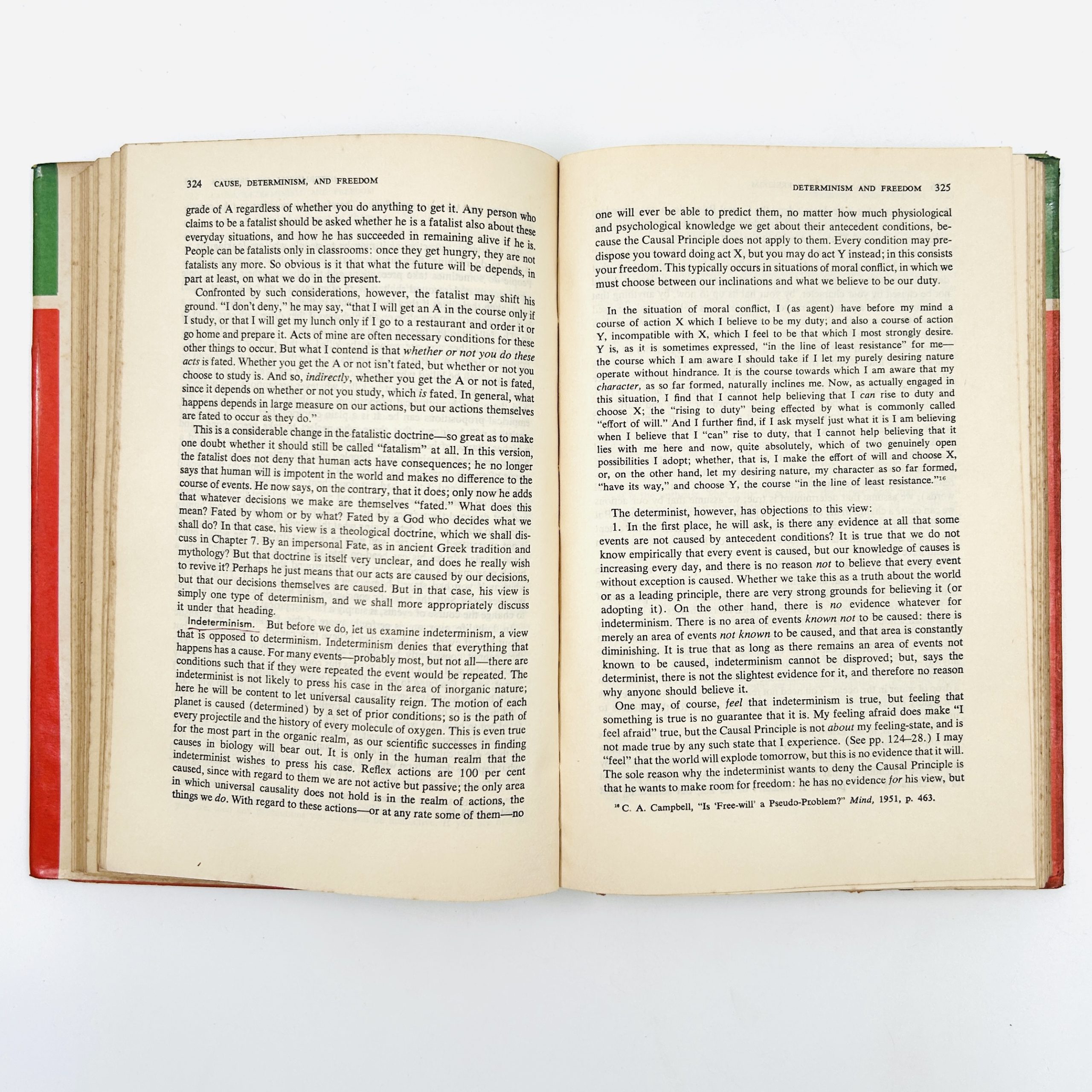




Reviews
There are no reviews yet.